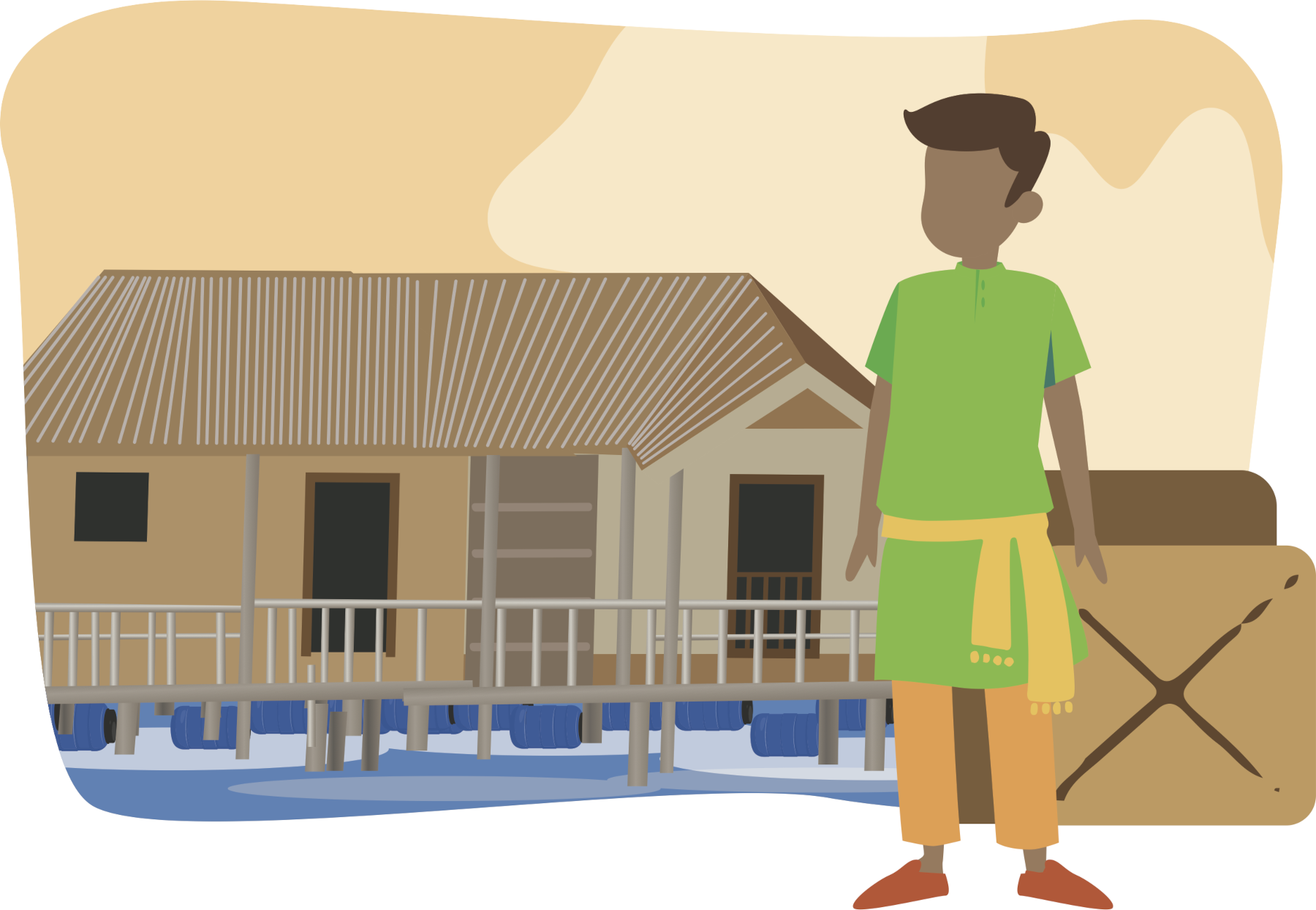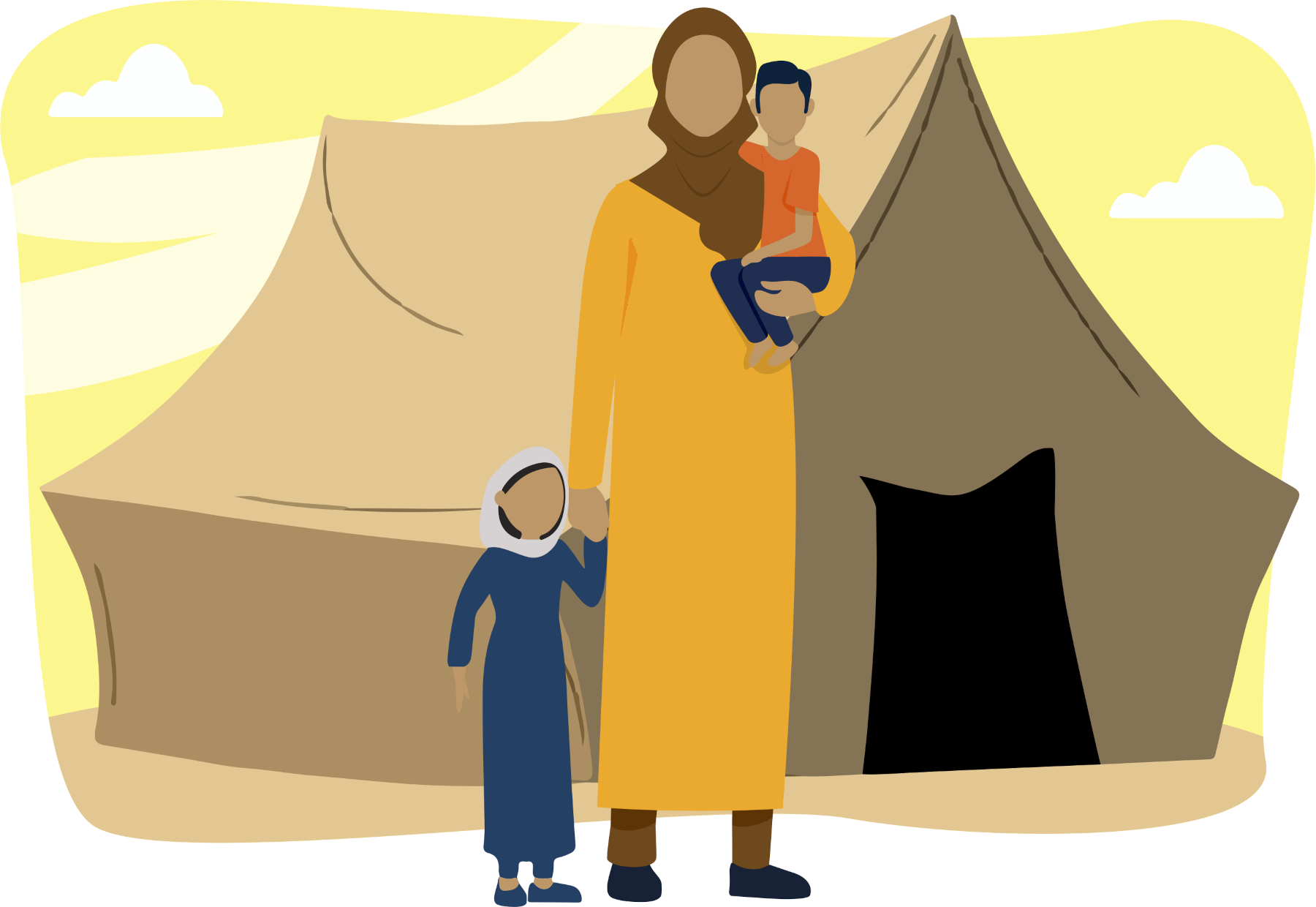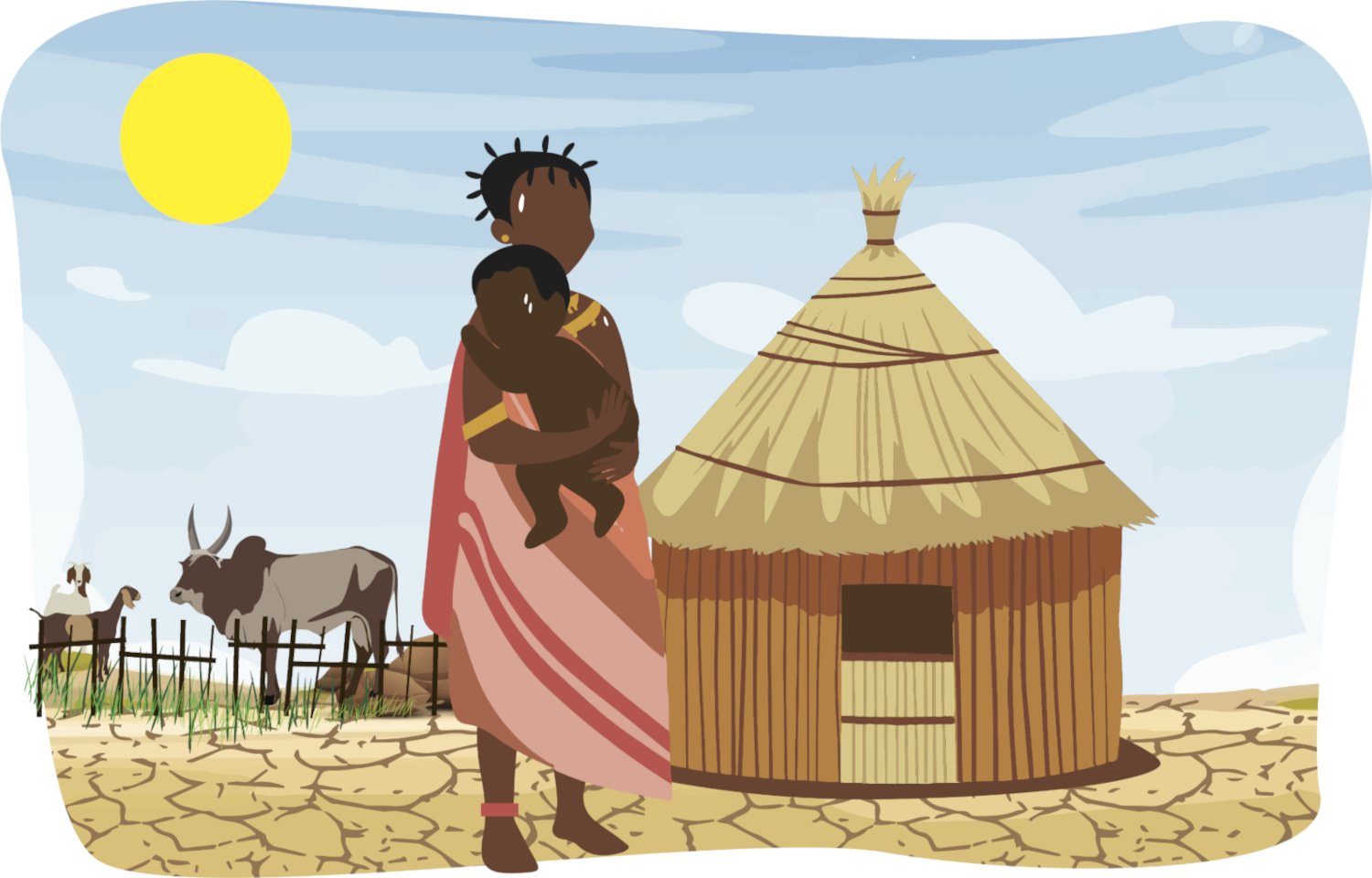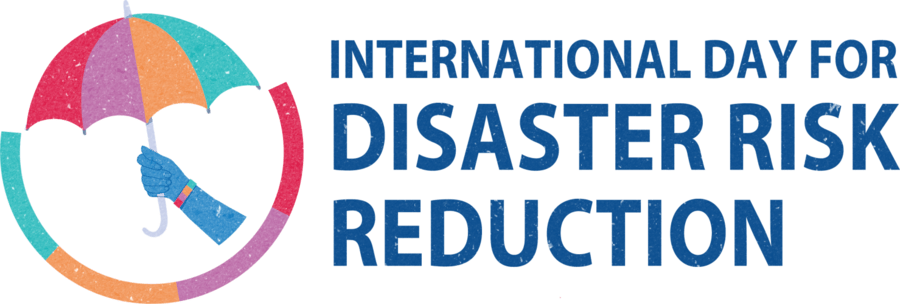Faces of resilience
In a world facing climate-related challenges, children like Abbas and Ayana, youth representative Khadija are adapting, innovating, and advocating for resilience in the face of floods, heatwaves, wildfires, and other disasters. Their stories reflect the human spirit's capacity to persevere, prepare for change, and work together to build a more sustainable and resilient future.
The characters in these stories are fictitious, but they are inspired by real-life situations and projects around the world to build the resilience of at-risk communities.
Their stories

Abbas' floating home: Building back better for a flood-resilient future
They call me Abbas, I’m 9 this year. I live with my mom, dad and sister near Sirajganj, Bangladesh. We live next to a river. It floods every year. It’s really scary. We have to leave our home - I have bad dreams about it sometimes, even in the dry season. Mom and dad say we won’t have enough money for food if we put our house on poles, above the water. So we go up a hill instead with all our best things, but we can’t take all of them. Lots and lots of stuff gets washed away. My schoolbooks too! Even the chickens. I am very sad.
After the last flood, some people came to tell us about floating houses. My dad was not sure about the idea and how it could help. But these people invited all our neighbours to discuss how it could work. Now we are fixing our house with empty barrels under the floor and poles to hold it in place so it can float when the floods come. We heard that other neighbours are also trying to build floating gardens to continue farming. I really hope it will work.

Khadija meets new challenges: Early warnings give refugees resilience against landslides and floods
My name is Khadija. I am a 25-year-old Rohingya refugee. I live in Cox Bazar, Bangladesh.
I am one of almost 1 million Rohingya who found refuge in the camps. They had to cut a lot of trees to set up the camps so when the rains come, it’s dangerous. There are floods and landslides. Last year, the United Nations started a project to plant new trees on the hills around the camp. They brought the community together and we discussed where to plant and how to conserve the forest. My husband is helping to take care of the trees and he earns some money for our family.
Some time ago, the United Nations, together with a Bangladeshi ministry, set up a landslide early warning system. Until now we would only be warned in an informal way through rain-gauges. We now should be getting a warning five days in advance. This means we should be able to protect ourselves more effectively from now on.
A community group has been distributing tie-down kits to strengthen our shelters against wind. We’ve set up work teams to stabilise the slopes. Things are happening, and we are hopeful.

A chance to stay a child: Anticipatory action before the drought saves Ayana from child marriage
I'm Ayana. I come from Ethiopia. My life has become really hard lately. We have a big problem with drought. It's making our land dry up, and our animals die because they don’t get water.
My father says the prices of food and fuel are going up so much, and lots of people here are struggling to get enough to eat.
My cousin, who is the same age as me, had to get married to an older man because her family couldn’t feed everyone, and he offered my uncle a bride payment. She was so scared and sad when he took her away.
I was lucky. In my village some people came before the drought got bad and vaccinated our animals so they wouldn’t get sick. They gave out food – for us and the animals – and some money for us to survive. They also talked about protecting ourselves against drought, by selling some of the animals while they were still fat and healthy. They also said they are trying to stop child marriages, even when our families are desperate. I think I am very lucky that we could protect ourselves before the drought got bad – I would hate it if I had to get married like my cousin.
Empowering the next generation for a resilient future: learn more about IDDRR.
